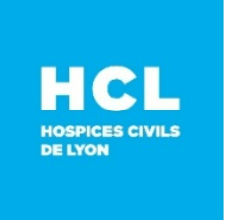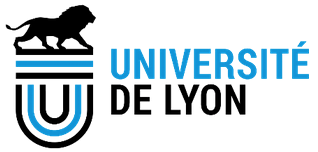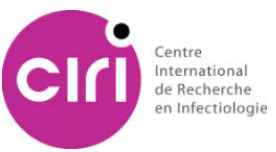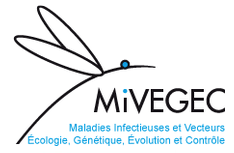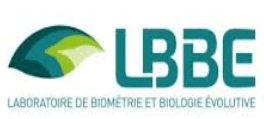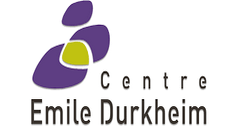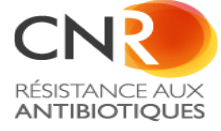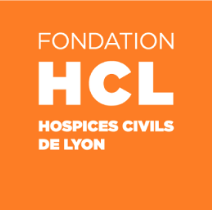Facing antibiotic resistance: a political ecology of microbes
Résumé:
Bacterial resistance to antibiotics is one of the major public health challenges of the 21st century. Phage therapy appears to be a possible answer: this little-known, yet century-old practice consists of using certain properties of bacteriophage viruses, literally "bacteria eaters", to treat bacterial infections.
Charlotte Brives explores the complex and varied, pluribiotic relationships between humans, phages and bacteria, in order to understand how these viruses can respond to the problem of antibiotic resistance. It shows that, from patients seeking to treat chronic infections to collectives attempting to establish new regulatory frameworks, from research on the interactions between phages and bacteria in the laboratory to the setting up of clinical trials, a whole production of knowledge gives rise to a multiplicity of relationships between humans and microbes. The evolutionary potential of microbes comes to blur the lines of division and the usual categories with which scientists think of the world, and thus reveal new moral and political proposals on its composition. It is no longer a question of controlling and mastering microbes , but good to deal with them. Phage therapy could be this practice of composition, respectful of ecosystems devastated by decades of varied uses of antibiotics and by the forms of production and exploitation of living beings that these chemical molecules have allowed in post-war capitalism. war. It could preserve the antibiotics that are still effective, while being accessible to everyone. Initiatives exist, which only ask to be supported and defended.
written by Charlotte Brives and published on 07/10/2022



